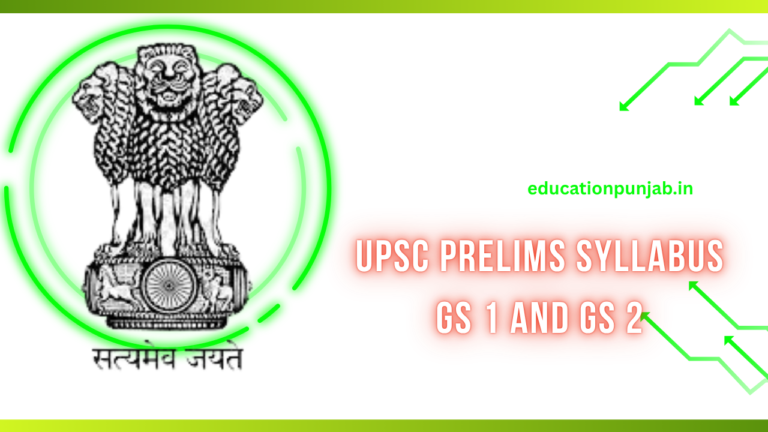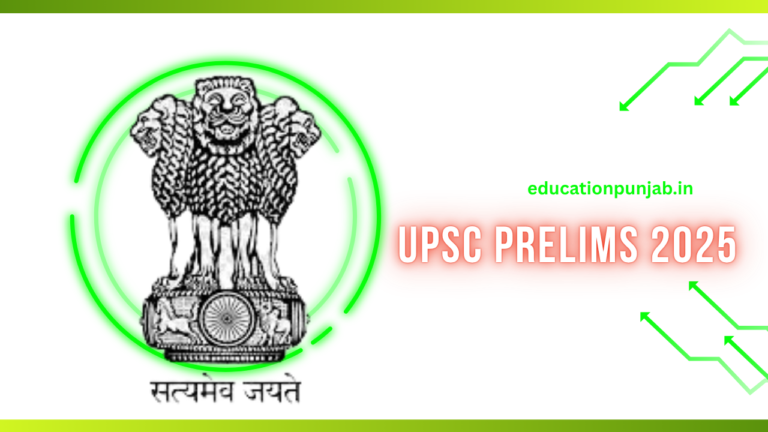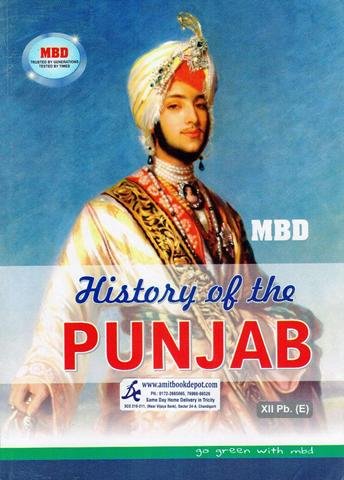PSEB Announces 12th Class Punjabi Compulsory Syllabus for 2024

The Punjab School Education Board (PSEB) has officially released the updated syllabus for the 12th Class Punjabi Compulsory subject for the academic year 2024. This announcement, made on May 28, 2024, has been welcomed by students, teachers, and educational institutions across the state. The revised syllabus aims to enhance the learning experience by focusing on a comprehensive understanding of Punjabi literature, language, and culture.
Get syllabus details Here
Overview of the Syllabus
The 12th Class Punjabi Compulsory syllabus is designed to provide students with an in-depth knowledge of Punjabi language and literature. It includes a balanced mix of prose, poetry, and grammar. The syllabus also emphasizes the importance of Punjabi culture and heritage, ensuring that students develop a holistic understanding of the subject.
Detailed Breakdown
- Prose (ਗੱਥਾ)
- The prose section comprises various stories and essays that highlight important social and cultural issues. Students will study works by renowned Punjabi writers, which aim to develop critical thinking and analytical skills.
- Key authors included in this section are Bhai Vir Singh, Amrita Pritam, and Gurdial Singh. Their works reflect the socio-cultural milieu of Punjab and offer deep insights into the human condition.
- Poetry (ਕਾਵਿ)
- The poetry section features a selection of poems from different eras, showcasing the rich tradition of Punjabi poetry. This includes classical poetry as well as contemporary works.
- Prominent poets such as Shiv Kumar Batalvi, Surjit Patar, and Baba Farid are part of the syllabus. Students will explore themes of love, nature, spirituality, and social justice through these poems.
- Grammar (ਵਿਆਕਰਣ)
- The grammar section is aimed at strengthening the linguistic skills of the students. It covers essential grammar topics such as syntax, morphology, and phonetics.
- Exercises on sentence structure, verb conjugation, and correct usage of tenses are included to ensure students have a strong command over the Punjabi language.
- Cultural Studies (ਸੱਭਿਆਚਾਰਕ ਅਧਿਐਨ)
- This part of the syllabus introduces students to the cultural heritage of Punjab. It includes chapters on Punjabi festivals, traditions, and historical events that have shaped the region’s identity.
- The cultural studies section is designed to instill a sense of pride and respect for Punjabi culture among students.
Pedagogical Approach
The updated syllabus also emphasizes an interactive and student-centered learning approach. Teachers are encouraged to use multimedia resources, group discussions, and project-based learning to make the subject more engaging. The PSEB has provided additional resources and guidelines to help educators effectively implement the new syllabus.
Assessment and Evaluation
The assessment framework for the 12th Class Punjabi Compulsory subject has also been revised. It includes a combination of formative and summative assessments to evaluate students’ understanding and proficiency. Regular quizzes, assignments, and projects will be conducted throughout the academic year, culminating in a final examination that will test the comprehensive knowledge of the subject.
Feedback and Reception
The announcement of the updated syllabus has been positively received by various stakeholders. Educators believe that the revised syllabus will provide a more enriching educational experience. Students have expressed enthusiasm about the inclusion of contemporary literary works and the focus on cultural studies.
The release of the updated 12th Class Punjabi Compulsory syllabus by PSEB marks a significant step towards enriching the educational landscape of Punjab. By incorporating a blend of traditional and modern elements, the syllabus aims to foster a deeper appreciation and understanding of Punjabi language and culture among students. This holistic approach is expected to prepare students not only for academic success but also to become informed and culturally aware citizens.
For more details on the syllabus and related resources, students and teachers can visit the official PSEB website.







